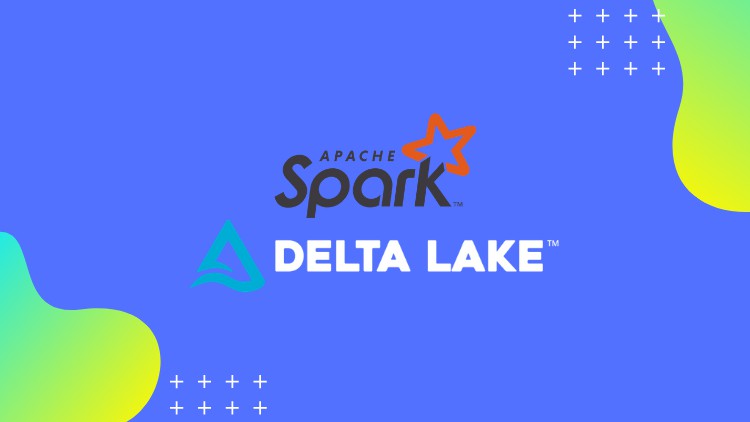
Delta Lake with Apache Spark using Scala on Databricks platform
What you will learn
You will be able to learn Delta Lake with Apache Spark in few hours
Basics to Advance Level of Knowledge about Delta Lake
Hands on practice with Delta Lake
You will Learn Delta Lake with Apache Spark using Scala on DataBricks Platform
Learn how to leverage the power of Delta Lake with a Spark Environment!
Learn about the DataBricks Platform!
Description
You will Learn Delta Lake with Apache Spark using Scala on DataBricks Platform
Learn the latest Big Data Technology – Spark! And learn to use it with one of the most popular programming languages, Scala!
One of the most valuable technology skills is the ability to analyze huge data sets, and this course is specifically designed to bring you up to speed on one of the best technologies for this task, Apache Spark! The top technology companies like Google, Facebook, Netflix, Airbnb, Amazon, NASA, and more are all using Spark to solve their big data problems!
Spark can perform up to 100x faster than Hadoop MapReduce, which has caused an explosion in demand for this skill! Because the Spark 3.0 DataFrame framework is so new, you now have the ability to quickly become one of the most knowledgeable people in the job market!
Delta Lake is an open-source storage layer that brings reliability to data lakes. Delta Lake provides ACID transactions, scalable metadata handling, and unifies streaming and batch data processing. Delta Lake runs on top of your existing data lake and is fully compatible with Apache Spark APIs.
Apache Spark is a fast and general-purpose cluster computing system. It provides high-level APIs in Java, Scala, Python and R, and an optimized engine that supports general execution graphs. It also supports a rich set of higher-level tools including Spark SQL for SQL and structured data processing, MLlib for machine learning, GraphX for graph processing, and Spark Streaming.
Topics Included in the Courses
- Introduction to Delta Lake
- Introduction to Data Lake
- Key Features of Delta Lake
- Introduction to Spark
- Free Account creation in Databricks
- Provisioning a Spark Cluster
- Basics about notebooks
- Dataframes
- Create a table
- Write a table
- Read a table
- Schema validation
- Update table schema
- Table Metadata
- Delete from a table
- Update a Table
- Vacuum
- History
- Concurrency Control
- Optimistic concurrency control
- Migrate Workloads to Delta Lake
- Optimize Performance with File Management
- Auto Optimize
- Optimize Performance with Caching
- Delta and Apache Spark caching
- Cache a subset of the data
- Isolation Levels
- Best Practices
- Frequently Asked Question in Interview
About Databricks:
Databricks lets you start writing Spark code instantly so you can focus on your data problems.
Content